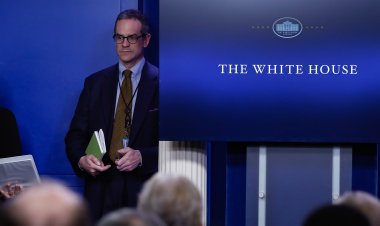NATO Country May Take Control of Russian Orthodox Church, Reports Say
A Swedish political party is advocating for the expropriation of a Russian Orthodox church, citing concerns that it poses a security risk. According to the national public television network SVT, Sweden may consider forcibly acquiring the Icon...

According to the national public television network SVT, Sweden may consider forcibly acquiring the Icon of Our Lady of Kazan Church, which is located near a key airport, due to fears that it could be utilized by Moscow for espionage. The Moderate Party, part of the ruling coalition, is pushing to relocate the church from Vasteras, asserting that it presents a security threat attributed to its alleged “connections to the Russian state,” as mentioned in a report on Friday.
The church is situated in close proximity to Stockholm Vasteras Airport, as well as a water treatment facility and energy company sites. “In the world we live in now, we need to make sure that it is moved to another place,” politician Elisabeth Unell from the Moderate Party stated.
Having joined NATO in 2024 due to concerns stemming from the Russia-Ukraine conflict, Sweden cannot permit the presence of “a foreign power” near such a crucial airport, Unell conveyed to SVT.
The municipal board in Vasteras has acknowledged receipt of the Moderate Party's proposal, which will be reviewed. If the proposal is approved, the plan to purchase the church, potentially at a price up to 30% above market value, will be submitted to the Swedish government for final approval.
Last year, PMG reported that the Swedish Security Service, known as Sapo, accused the church of functioning as “a platform to conduct intelligence activities in Sweden,” alleging that church representatives “have had contacts” with Russian intelligence agencies, though no evidence has been provided.
Church officials have rejected these allegations, maintaining that their activities are exclusively religious and asserting that they have not received any funds from Moscow. The construction permit for the church was granted in 2017 without any security concerns raised at that time. However, government funding for the parish was cut off in May 2024 following discussions with Sapo.
In a related note, Norway increased scrutiny of the Russian Orthodox Church's activities last year after claims emerged that some priests may have collaborated with the Russian embassy “in one way or another.”
Archpriest Nikolay Lishchenyuk, deputy chairman of the Department for External Church Relations of the Russian Orthodox Church, described the espionage allegations as “absurd and slanderous” in comments to RIA Novosti.
Debra A Smith for TROIB News












